General Election 2017: The major political casualties
- Published
From the ousting of Tory Defence Secretary Michael Portillo in 1997 to the loss of Labour's Shadow Chancellor Ed Balls in 2015, general elections often bring with them the shock of a major figure losing out. Who are the high profile politicians to fall in 2017?
Nick Clegg
The moment Nick Clegg lost his seat
The first political casualty of the night was former Lib Dem leader and ex-deputy prime minister Nick Clegg, who lost his Sheffield Hallam seat to the Labour Party.
He had held the seat since 2005 - surviving the the bruising 2015 outcome in which his party lost 49 of its 57 seats.
He managed a majority of 2,353 then, but the seat has now been taken by Jared O'Mara, with a majority of 2,125.
His popularity surged in 2010, when one of the campaign's memorable moments was the refrain "I agree with Nick" from other leaders in the ITV election debate.
"You live by the sword, you die by the sword," Mr Clegg said in his concession speech.
SNP's Westminster leader Angus Robertson
The SNP's leader in Westminster loses the Moray constituency to Conservative Douglas Ross
The SNP's Westminster leader Angus Robertson lost his seat in Moray amid a Conservative surge in Scotland.
The party's deputy leader was defeated by the Conservatives' Douglas Ross, who overturned his majority of 9,065.
Mr Robertson was beaten by former MSP Mr Ross by 18,478 votes to 22,637.
Thanks to a weekly platform at Prime Minister's Questions, Mr Robertson became one of the SNP's most high-profile figures following the 2015 election.
His PMQ performances earned him a reputation as a formidable opponent and potential future leadership contender.
Former SNP leader Alex Salmond
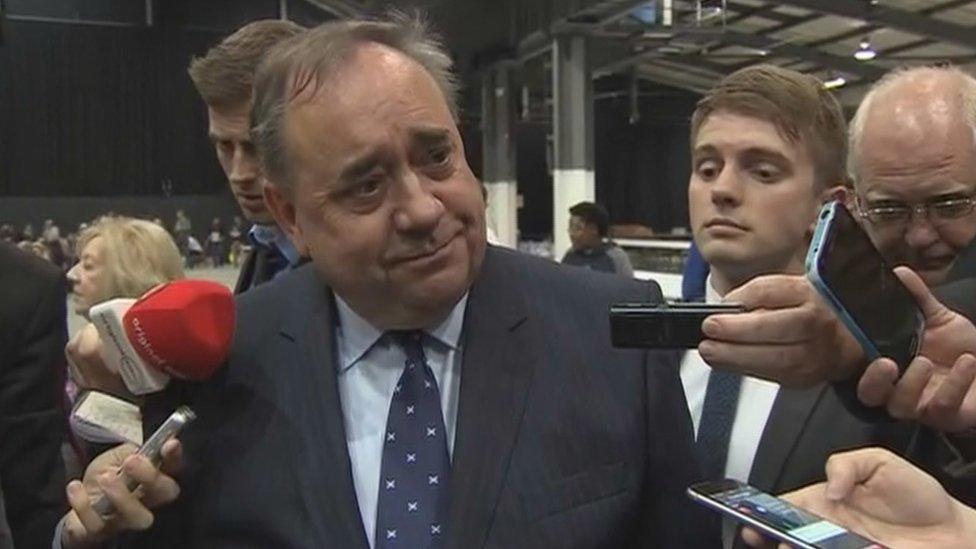
Alex Salmond, the former SNP leader and Scottish first minister, was defeated in Gordon
Former SNP leader and former first minister of Scotland Alex Salmond was unseated in Gordon by the Conservatives' Colin Clark on swing of 20%.
Mr Salmond, who was Scotland's first minister between 2007 and 2014, had won a majority of 8,687 at the last election.
Despite his defeat he insisted that people had "not seen the last of my bonnets and me".
He added: "The SNP have lost many fine parliamentarians this evening and that's a grievous blow to the SNP."
The SNP finished on 35 seats - a majority of the 59 Scottish constituencies but a drop of 21 from the 56 they won in 2015.
The Conservatives won 13 seats in Scotland - the party's best performance in the country since 1983.
Tory housing minister Gavin Barwell
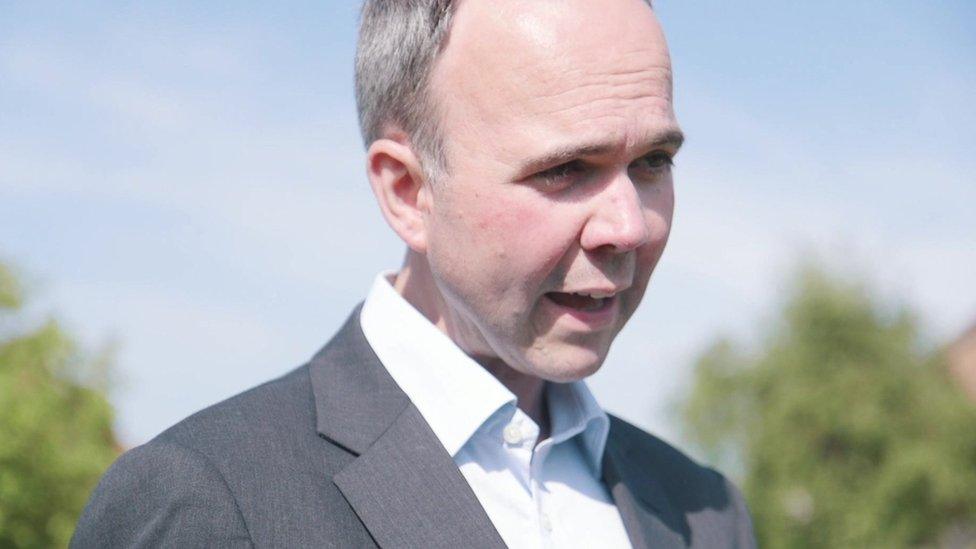
Tory housing minister Gavin Barwell was among a series of Conservative ministers who lost out in this election.
He lost his Croydon Central seat - which he won in 2015 with a majority of just 165 votes - to Labour's Sarah Jones.
Ms Jones won 29,873 votes to Mr Barwell's 24,221.
Tory MP Sir Julian Brazier
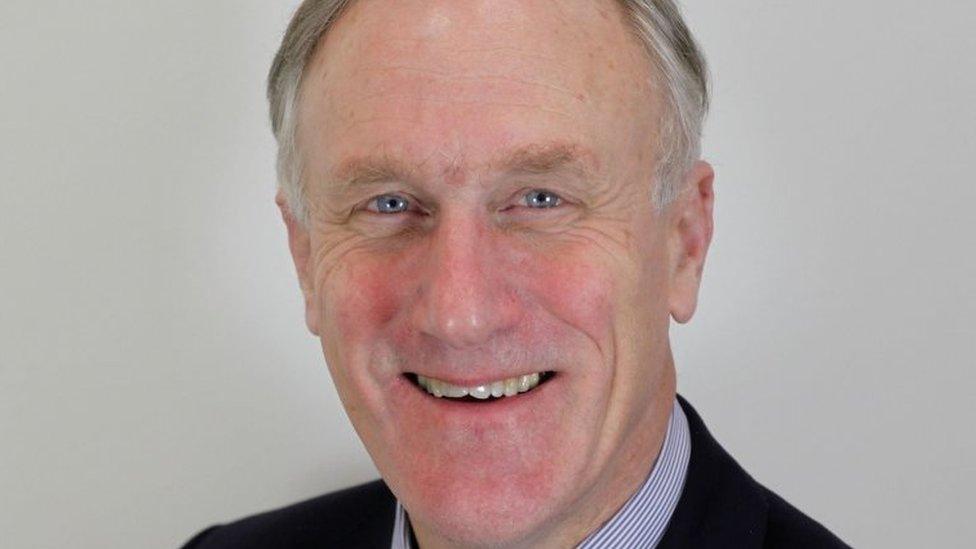
Tory MP Sir Julian Brazier, who had represented the Kent area for the last 30 years, lost his Canterbury seat to Labour's Rosie Duffield.
It is the first time Canterbury has elected a Labour MP since the constituency was formed in 1918.
Sir Julian, a Brexiteer and former defence minister, was awarded a knighthood in the New Year honours.
Ms Duffield won 25,572 votes, pushing Sir Julian into second place with 25,385 votes, a difference of 187 votes.
Ben Gummer, author of the Tory manifesto and Cabinet Office minister
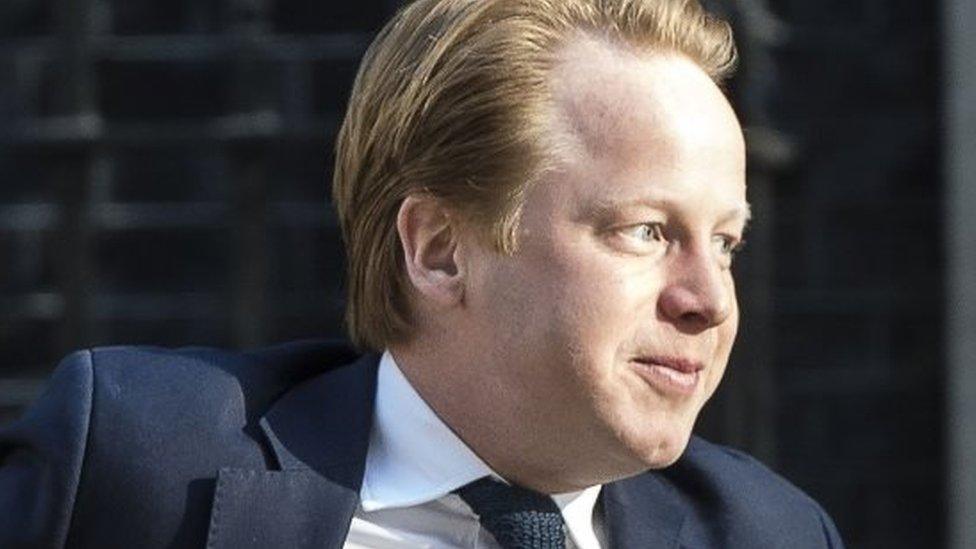
Ben Gummer, author of the Tory manifesto, lost to Labour by fewer than 1,000 votes.
The Cabinet Office minister, who had been the Ipswich MP since 2010, got 23,393 votes, compared to 24,224 votes for Labour's Sandy Martin.
The manifesto included big changes to social care funding in England, which drew criticism from former government advisor Sir Andrew Dilnot and opposition parties.
Mr Gummer said: "What I've not often spoken about is, what I'm thankful for, is that I've learned so much from being a member of parliament, more than I could ever have hoped to have learnt in another role, and I feel a better person for it with broader opportunities and views than I otherwise would have had."
Financial secretary to the Treasury Jane Ellison
There was a 10% swing from Conservative to Labour
Financial secretary to the Treasury Jane Ellison lost her seat in Battersea to Labour's Marsha de Cordova.
Ms Ellison had been the Conservative MP since 2010.
She got 22,876 votes to Ms de Cordova's 25,292.
Culture, Media and Sport Minister Rob Wilson

Tory Rob Wilson, who had held Reading East since 2005, lost to Labour's Matt Rodda with a 16% swing.
Mr Rodda won with a majority of 3,749 - overturning Mr Wilson's previous 6,520 majority.
Health Minister Nicola Blackwood
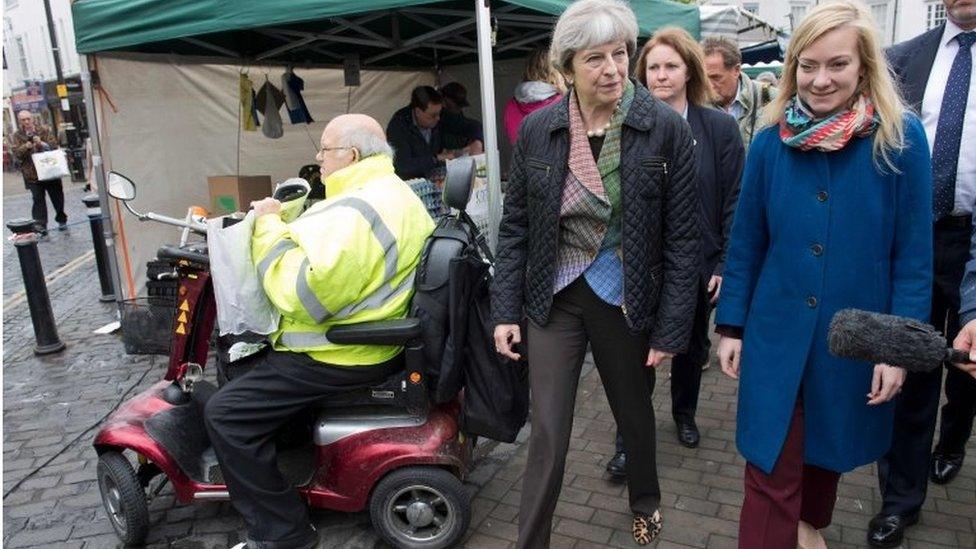
Theresa May with Nicola Blackwood on the election campaign trail in Abingdon
The Liberal Democrats overturned a Conservative majority of almost 10,000 votes to win Oxford West and Abingdon from minister Nicola Blackwood.
Layla Moran won the Oxfordshire seat by 816 votes - 26,252 to 25,440 - with an almost 15% swing away from the Tories.
Ms Blackwood had been MP for the area since 2010.
International Development Minister James Wharton
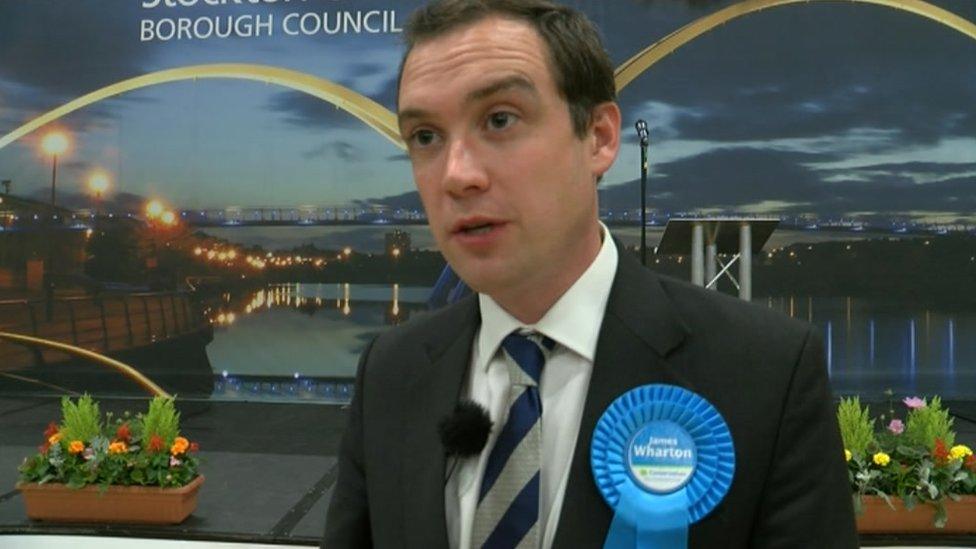
James Wharton had held Stockton South since 2010
Ex-Northern Powerhouse Minister James Wharton was ousted by Labour in Stockton South.
A recount was held before the result was confirmed, but Paul Williams secured 26,102 votes, 888 more than Mr Wharton - who had held the seat since 2010.
Mr Wharton said: "Clearly it was a very disappointing result.
"I have been very privileged and fortunate to represent my home town to the best of my ability."
Economic Secretary to the Treasury Simon Kirby

Tory minister Simon Kirby lost to Labour's Lloyd Russell-Moyle in Brighton Kemptown, on an 11% swing.
Mr Kirby has been an MP since 2010.
BBC Sussex political reporter Ben Weisz said: "Lloyd Russell-Moyle didn't just unseat Treasury Minister Simon Kirby.
"He got a majority of nearly 10,000. Kemptown is no longer a marginal."